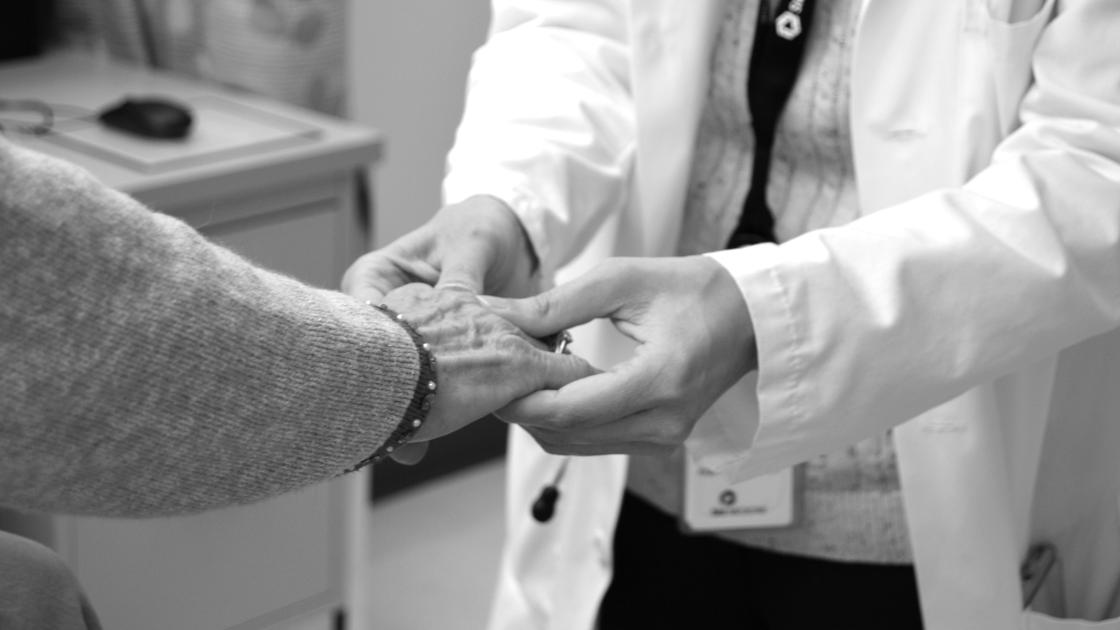
Domestic Violence: Resources from an OB-GYN
October is Domestic Violence Awareness Month. If you or someone you know is experiencing intimate partner violence, SIU Medicine has resources to help. Board certified in Obstetrics and Gynecology, Dr. Katherine Hild-Mosley offers guidance for patients and members of the community seeking assistance for their physical, mental and emotional well-being.
Q: Can patients speak with their OB-GYN or physician if they are experiencing domestic abuse?
A: Yes! A patient is encouraged to speak to her physician about any concerns she may have at any time. The American College of Obstetricians and Gynecologists encourages physicians to regularly screen for intimate partner violence in a safe and confidential setting. OB-GYNs are trained to provide assistance to women who experience intimate partner violence. Also, because of the special, long-standing relationship that we have with our patients and the many opportunities we have to screen our patients during annual exams, prenatal visits, etc, we are in a unique position to help.
Q: If a patient is experiencing domestic abuse, what resources are available?
A: If a patient is experiencing domestic abuse, we recommend resources like the National Domestic Violence Hotline 800-799-SAFE (7233) and Rape Abuse & Incest National Network (RAINN) Hotline 800-656-HOPE (4673). Also locally, Sojourn Shelter and Services is an excellent resource for patients. They have a shelter, a 24-hour hotline (1-866-HELP-4DV) and provide counseling, legal advocacy and economic assistance.
Q: As more people are home due to COVID-19, domestic violence has risen significantly. What do you suggest if someone’s home environment is not safe during the pandemic?
A: During the pandemic, reported domestic violence issues have increased. If someone feels their home environment is not safe, they should try to get support from a reliable family member or friend, or reach out to a trusted colleague or physician. They could also reach out via one of the above listed hotlines. This can be especially hard if the abuser is working from home or monitoring all computer or phone communication. That’s why talking with your physician at your annual appointment can be an easy outlet.
Q: What signs should people look for if they suspect that a friend or family member is experiencing domestic violence?
A: Intimate partner violence can cause longstanding physical and emotional harm. Women who experience domestic abuse may present with acute injuries but also may have more subtle complaints of chronic pain, headaches, sleep and appetite disturbances, anxiety and issues with substance abuse. Women may become withdrawn and typically, their partners may try to isolate them from family and friends. Helping a friend or family member who is in an abusive relationship takes patience, support and a non-judgmental attitude.
“Help is available,” says Dr. Hild-Mosley. “Your physician or health care provider wants to help you and can do so in a confidential and caring way.”
To schedule an appointment with SIU Medicine Obstetrics and Gynecology, call 217-545-8000 or visit siumed.org.
Resources: CDC, United Way and ACOG Committee Opinion #518




